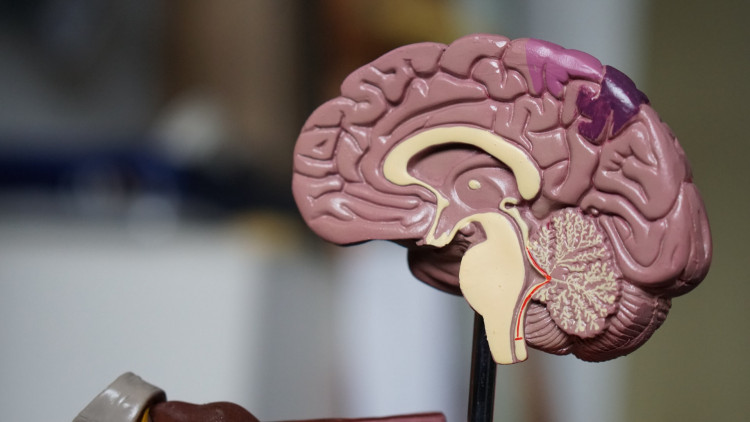The Brigham and Women's Hospital in Boston announced on Tuesday that it would test a nasal Alzheimer's disease vaccine.
According to a press release from the hospital, the move represents the culmination of 20 years of research at the facility.
"The launch of the first human trial of a nasal vaccine for Alzheimer's is a remarkable milestone," Dr. Howard Weiner, co-director of the Ann Romney Center for Neurologic Diseases at Brigham and Women's Hospital, said in a statement.
"If clinical trials in humans show that the vaccine is safe and effective, this could represent a nontoxic treatment for people with Alzheimer's, and it could also be given early to help prevent Alzheimer's in people at risk."
The trial will involve 16 patients aged 60 to 85, all of whom have early symptomatic Alzheimer's but are otherwise healthy. The patients' PET scans have to be amyloid-positive.
Researchers discovered that the naturally occurring amyloid beta protein have become truncated in a large number of Alzheimer's patients.
They believe that this is a significant element of the disease.
The hospital said they will receive two doses of the vaccine one week apart. Participants will register at the Ann Romney Center.
A Phase I clinical trial is used to determine a potential new medication's safety and dosage. If everything goes well, a much larger trial will be required to determine its efficacy.
Protollin, a substance that stimulates the immune system, is used in the vaccine.
According to the hospital, protollin works by causing white blood cells in the lymph nodes on the sides and back of the neck to migrate to the brain and eliminate beta amyloid plaques, which is one of the hallmarks of Alzheimer's disease. Protollin has been confirmed to be safe in other vaccines, explained the hospital.
I-Mab Biopharma (I-Mab) and Jiangsu Nhwa Pharmaceutical (NHWA), the companies behind Protollin's development, manufacture, and commercialization, are funding the study.
For years, medical experts all over the world have been attempting to discover new treatments to treat or slow Alzheimer's disease, the most common form of dementia that affects an estimated 6 million people in the U.S.
However, many experimental treatments that looked promising in early research have failed to materialize, leaving patients and their families with few viable therapy options.
The FDA approved Biogen's Aduhelm, the first new Alzheimer's drug in 20 years, in June. The decision, however, stirred criticism after independent consultants warned that the much-debated medicine had not been demonstrated to help halt the brain-destroying disease and could cause serious side effects.






